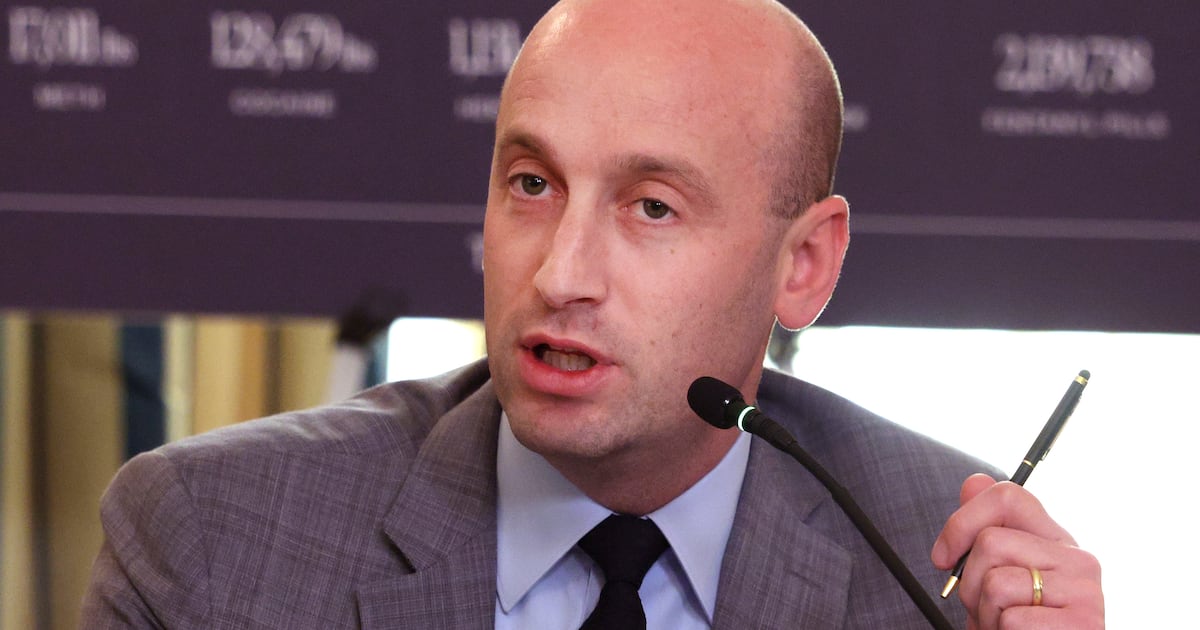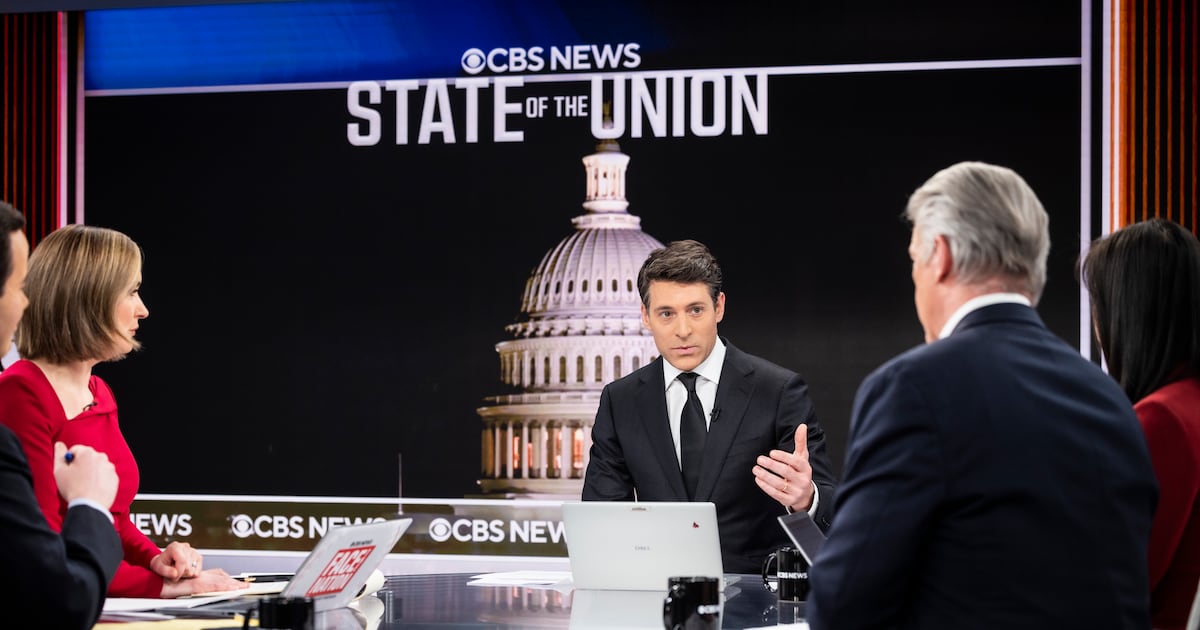Three people died on Friday and many more were injured as crowds supporting Park Geun-hye clashed with police on the streets of Seoul following her dismissal as president.
Hours earlier, South Korea’s Constitutional Court, in a unanimous decision, removed her from office after finding evidence of corruption and violations of the constitution. She is the first South Korean president to be ousted after a vote of impeachment, which occurred last December by a lopsided margin in the National Assembly.
The election for Park’s replacement must now be held by May 9, which is also considered the most probable day for the contest.
“Progressives,” who are supportive of “Sunshine” or “engagement” policies toward North Korea, are leading in the polls and could dramatically change the balance of power in North Asia.
Park, even before murky allegations of criminal conduct surfaced, was deeply unpopular. She went missing for seven hours on the day of the sinking of the Sewol, a ferry, which resulted in the deaths of 295 passengers and two rescue divers in April 2014. She has never publicly explained her absence. Her approval ratings, which plunged after the tragedy, never recovered. And South Koreans have not forgotten. In fact, the Constitutional Court considered charges stemming from the Sewol incident.
Her unpopularity came back to haunt her. The court’s decision reads like a political verdict more than a legal one. At the end, she was alone. Even members of her Liberty Korea Party deserted her.
Yet for all the miscues, mistakes, and disasters marking her governance at home, her external policies were resolute, even courageous. For instance, in early 2016 she closed the Kaesong Industrial Complex, where about 125 South Korean companies engaged in light manufacturing just north of the Demilitarized Zone—and shoveled about $120 million a year into the hands of the regime of Kim Jong Un.
Moreover, she agreed, in the face of sustained criticism at home and fierce opposition from Beijing, to base on South Korean soil the Terminal High Altitude Area Defense missile-defense system.
Her departure puts at risk the deployment of THAAD, as the Lockheed Martin system is known, because a progressive successor may not stick with her decision. The frontrunner in the polls, Moon Jae-in of the Minjoo Party, has been cagey, insisting on a public review of Park’s controversial decision to go with the American missile defense plan. In the public review Moon proposes—a decision by the next government with ratification by the National Assembly—the decision to deploy the system would almost surely be reversed if a progressive wins.
Yet now there’s a race. Monday evening, the first elements of the THAAD system arrived at Osan Air Base, south of Seoul, and deployment should be completed next month, just ahead of the election of Park’s successor.
A decision to reverse THAAD deployment or even limit the placement of further batteries would be a victory for an angry China that has been trying, through boycotts and other economic means, to intimidate South Korea into not cooperating with the United States. And a victory for this coercion would almost surely embolden the more belligerent elements in Beijing and Pyongyang.
So more than THAAD is at stake. In a larger sense, the election of a progressive will mean the end of a long period of strategic agreement between South Korea and the only nation pledged to defend it, the United States. Washington, since the failed Leap Day Deal of 2012, has given up on engaging the Kim regime. So had Park, the result of the apparent failure in her first years in office of her soft “trustpolitik” approach to Pyongyang.
Moon or another progressive is bound to try to reach out to Kim Jong Un, however. President Kim Dae-jung, another progressive figure, immediately adopted the Sunshine Policy, named after the Aesop fable in which the Sun, not the North Wind, is able to persuade a man to take off his coat. In his inaugural address in 1998, Kim set a new tone for relations with the other—and darker—Korea. “We will actively push reconciliation and cooperation between the South and North beginning with those areas which can be most easily agreed upon,” he promised.
There was, however, very little agreement with the North during the Sunshine years, which lasted during the administrations of Kim and his successor, Roh Moo-hyun. Furthermore, the new South Korean approach did not cool down military tensions. On the contrary, the Democratic People’s Republic of Korea even increased infiltrations and incursions. Pyongyang just took Seoul’s cash—Kim Dae-jung effectively purchased the June 2000 summit with Kim Jong Il for at least $150 million—and continued developing nuclear weapons and the missiles to deliver them.
The Sunshine Policy also weakened Seoul’s ties with America. That is what Washington policy analysts are now worrying about.
There are, however, at least three reasons why Seoul, even under a progressive like Moon, may not move too far from Washington’s orbit.
First, North Korea’s regime always saw the Sunshine Policy as especially threatening. As Korea watcher Selig Harrison has noted, Kim Dae-jung’s strategy, in the eyes of the Kim regime, was “more dangerous” than Seoul’s previous policies “precisely because it was more subtle.” By making the North dependent on the South’s aid, the South Korean Kim, as Pyongyang saw it then, was enticing the North Koreans Kims into a trap, making them beholden to Seoul.
So the North, despite taking Seoul’s aid during the Sunshine years, did not respond positively. And there is another reason North Korea is unlikely to act in good faith now. Kim Jong Un, in short, is apparently unsure of his grip on power and so is in no position to work cooperatively with archenemy Seoul. And if he does not work cooperatively, he will delegitimize South Korea’s progressive president.
Second, the South Korean public may vote for a progressive, but it may be in no mood to embrace an obviously hostile North, especially after the Kim regime’s killing of 50 South Koreans in 2010 in two incidents: the sinking of a South Korean naval vessel and the shelling of a South Korean island. Polls show even young South Koreans, traditionally progressive in their outlook, are now particularly hawkish after the 2010 killings.
“I don’t think there is much support for major engagement anymore,” Robert Kelly of Pusan National University told The Washington Post. “I think Moon would have to fight hard to get that kind of engagement off the ground—he’d be pushing against the Americans and against his own people.”
And, third, maybe South Korea will stick with the conservatives. That seems unlikely now, but Kim Jong Un and Chinese leader Xi Jinping are perfectly capable of overplaying their hand and creating a backlash in South Korea. Kim’s serial missile tests are the best advertisement for missile defense, and Xi’s vociferous campaign against THAAD has already stirred up anger in Seoul.
The South Korean electorate is extremely volatile, and Moon Jae-in, once a senior aide to Roh Moo-hyun, should know. All Moon has to do is remember the 2002 presidential election. In the days preceding the voting, Roh looked like a sure loser. The human rights lawyer was thought to be behind by the middle of election day and won only because young supporters mounted a noontime Internet campaign. The last-minute effort resulted in a late-day surge of voting that put Roh over the top.
Moon has already lost one race for the top spot, to Park in 2012. And he could lose another. He’s riding high now, but South Korean politics changes by the hour, and there are still two months to go.






